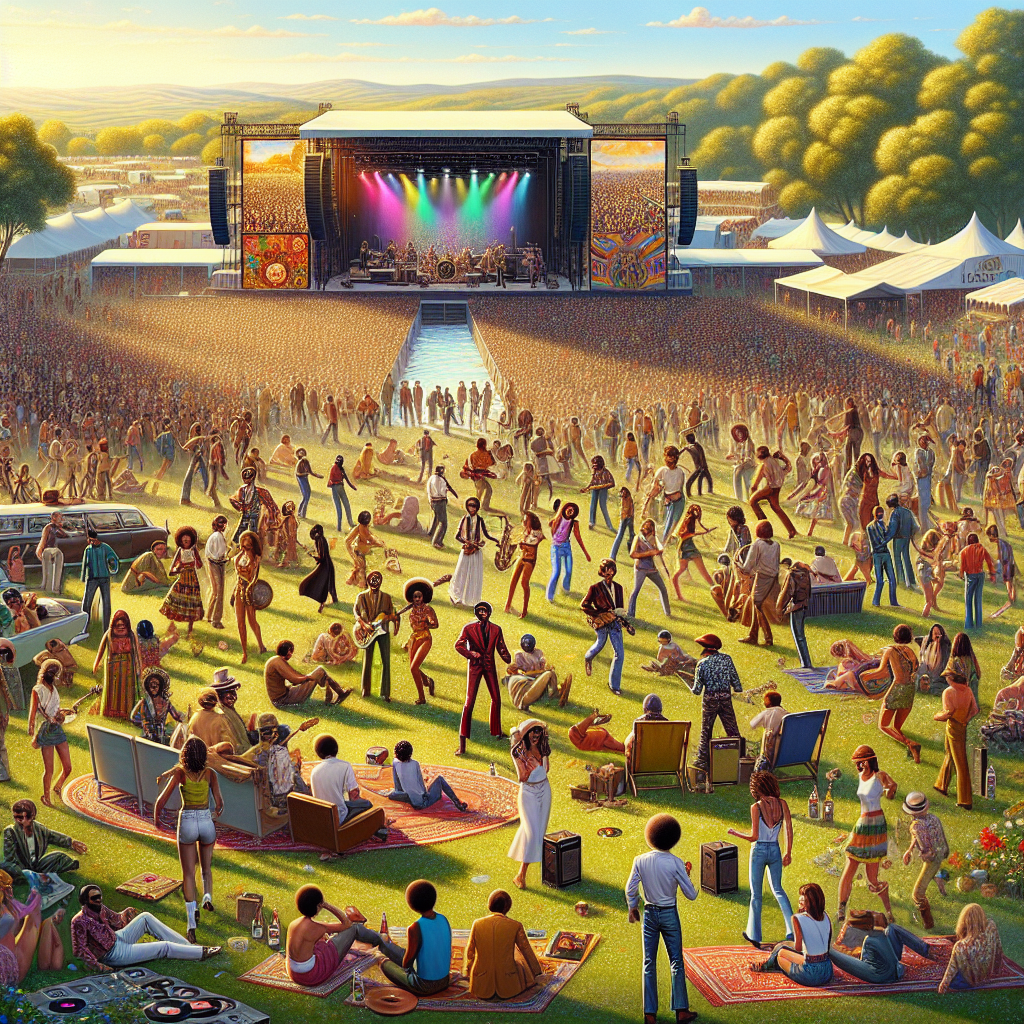Woodstock and other music festivals of the 1960s and 1970s left a lasting legacy on our culture, influencing not only music but also fashion, technology, and even politics. These festivals were more than just gatherings of musicians and fans – they were events that shaped an entire generation.
The music of Woodstock and other festivals from this era was revolutionary, challenging traditional norms and pushing boundaries. Artists like Jimi Hendrix, Janis Joplin, and The Who used their performances to speak out against war, racism, and social injustice. Their music became anthems for a generation looking to make a difference in the world.
But it wasn’t just the music that made these festivals so influential. The fashion of the 60s and 70s was heavily influenced by the counterculture movement that emerged from these events. Bell-bottom jeans, tie-dye shirts, and fringe jackets became staples of the era, reflecting a rejection of mainstream society’s values.
Technology also played a role in shaping the legacy of these festivals. The advent of large-scale sound systems allowed for massive crowds to gather and enjoy live music in ways never before possible. This technology paved the way for future music festivals to become even larger and more immersive experiences.
Even politicians took notice of the power of these festivals. Woodstock famously drew attention from lawmakers who saw the potential for young people to come together peacefully and demand change. While some politicians may have been critical of the counterculture movement, others recognized its importance in shaping our society.
In conclusion, the legacy of music festivals from the 60s and 70s continues to influence our culture today. These events were about more than just music – they were about creating a sense of community, pushing boundaries, and demanding change. As we look back on Woodstock and beyond, let’s remember the impact these festivals had on shaping our world for the better.


Get involved!
Comments